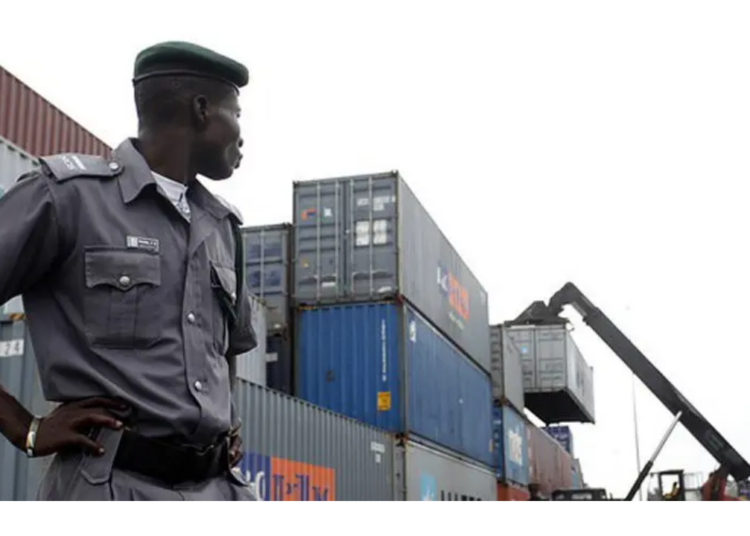The Acting Comptroller General, Wale Adeniyi of the Nigeria Customs Service, has clarified that not all borders in the country have been reopened, and a thorough review process is currently underway.
He disclosed this to State House correspondent on Tuesday after meeting with President Bola Tinubu at the Presidential Villa.
According to him, while selected strategic borders were reopened in 2022, a review process is currently underway to assess the objectives of the border closure.
He said as part of efforts to enhance border security and regional integration, he plans to visit the Republic of Benin to engage in discussions with their Customs Administration.
According to him, the aim is to foster collaboration, address border security concerns, facilitate importation across the border, and explore technological solutions to complex border challenges.
He said: “Well, it is not true that all Nigerian borders have been opened. The status quo ante still exists in the borders. If you remember that the borders were completely shut down 2018 up until 2022, when some selected strategic borders were reopened, that is to the situation as we speak.
“And this was why we had an adhoc arrangement of a special unit coordinated by the Office of the NSA to enforce that border closure. But as we speak, about five of them have been reopened.
“Four were initially reopened and two more were open after that and that is still the situation. There are ongoing processes to review this situation against the objective of the border closure itself.
“And the processes are not yet completed. And of course, when the borders are reopened, it’s not going to be subject of rumour in any way.
Addressing the issue of fuel smuggling despite the removal of fuel subsidies, the Acting Comptroller General acknowledged that complete eradication may take time.
He said while some border areas have reported seizures of fuel, the rate of smuggling has considerably reduced.
He expressed hope that ongoing policies being implemented by the government would eventually eliminate fuel smuggling across borders.
“Well, sometimes we just want to assume that because of the subsidy, the problem will evaporate one day. So the sense I was trying to create was that it might take some time, before the issue of smuggling of fuel across the border will completely dissipate.
“So in some border areas, we had reports of seizures of fuel and that is what we heard. So it was the assumption generally, that because of the fuel is now sold at N500 per liter it will be a disincentive for smuggling.
“But contrary to that, we have seen that they are smuggling it across the borders. The rate at which this is being smuggled has reduced considerably.
“And it is our hope that by the time we mix some of these other policies that government is working on, it will completely eliminate the problems of smuggling of fuel across borders.
Regarding the proposal to merge Customs with other revenue generating agencies under one particular organisation, the Acting Comptroller General mentioned that details are yet to be revealed.
Recognising commonalities and areas of overlap among these agencies, Adeniyi highlighted the need to wait for further information before forming a conclusive opinion on the matter.
When asked about specific instructions from the President, he referred to the Presidential Advisory Council (PAC) documents.
He emphasised the importance of aligning customs activities with the noble objectives outlined in the PAC documents.
He said key areas of focus included making ports user-friendly, decongesting ports, and implementing efficient clearance processes for goods, including the goal of 48-hour clearance.
Additionally, he emphasised the need for export-led, inward-looking economic development strategies.











